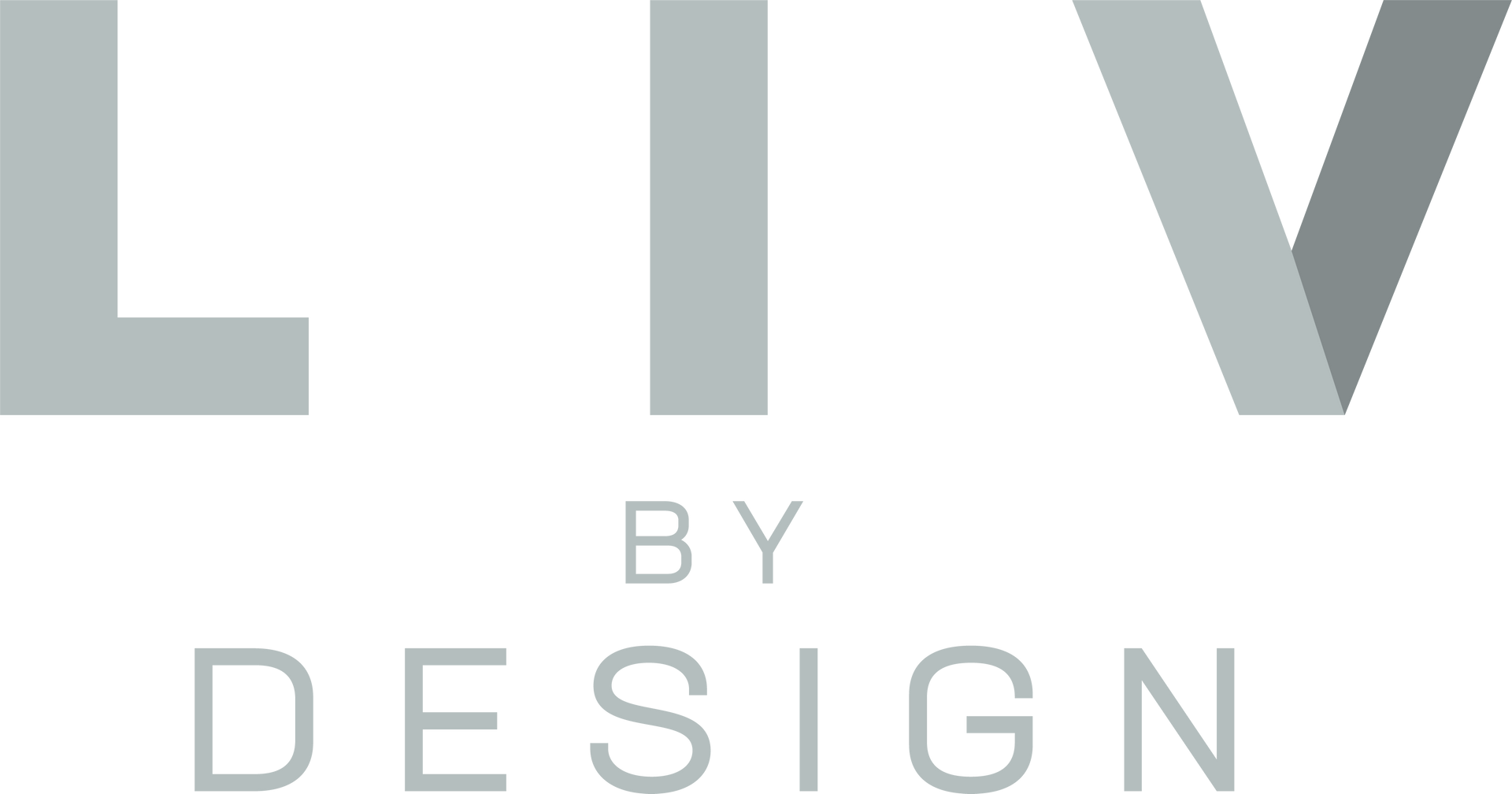WHAT ARE WE
thinking?
Frequently Asked Questions
What is design thinking?
Design thinking is a framework that guides organizations to better understand the needs of their customers, enabling the creation of new and more innovative solutions.
How can design thinking help businesses?
Design thinking helps teams navigate uncertainty by providing a structured framework that channels their creativity. It is closely tied to innovation and can lead to improved financial outcomes.
How does design thinking work?
Design thinking follows a five-step process: Empathize, Define, Ideate, Prototype, and Test. It begins by encouraging organizations to step into their customers' shoes during the empathize stage, allowing them to define the real problems and needs of their customers, rather than relying on assumptions.
Which companies use design thinking?
Notable companies that use design thinking include GE Healthcare, Apple, IBM, Lego, Intuit, Marriott, General Electric, BHP, RAC, Anglicare, Red Cross, St. John of God Hospital, AirBnB, Phillips, BMW, Volkswagen, Toyota, Johnson & Johnson, Netflix, and many more. You should consider joining them!
Why does design thinking work?
Design thinking succeeds because it helps define the root cause of human problems. By gaining a deep understanding of the problem, organizations can design solutions that address real customer needs, which may differ from what customers initially express.
Why does design thinking fail?
The most common reason for failure in design thinking is a lack of commitment from leadership. For it to succeed, teams must be empowered to understand their customers in real-world contexts and given the autonomy to dedicate time to defining problems and brainstorming solutions. Small, consistent steps and regular practice of the process lead to success.
Can design thinking be used for social change?
Yes, design thinking fosters human connection and understanding, making it increasingly popular in the social impact space. Organizations like IDEO are making supporting materials accessible to encourage its use in driving social change.
Can design thinking solve business problems?
Design thinking helps solve business problems by ensuring teams gain a deep understanding of the challenges they're addressing, especially the human factors involved. This approach leads to more effective solutions for clients, teams, and industries.
Design thinking vs. human-centered design
Design thinking is a framework for producing innovative products and services, considering feasibility, viability, and desirability. Human-centered design, on the other hand, focuses specifically on creating solutions that deliver the best possible user experience and seamless interactions.
Design thinking with lean principles
Lean principles are applied in design thinking by creating rapid prototypes to test ideas with minimal cost and effort. The goal is to test concepts as early as possible, allowing for quick iteration or the development of new ideas.

SUBSCRIBE
Join the Newsletter
Thanks for signing up!
Please try again later
All Rights Reserved | Liv By Design